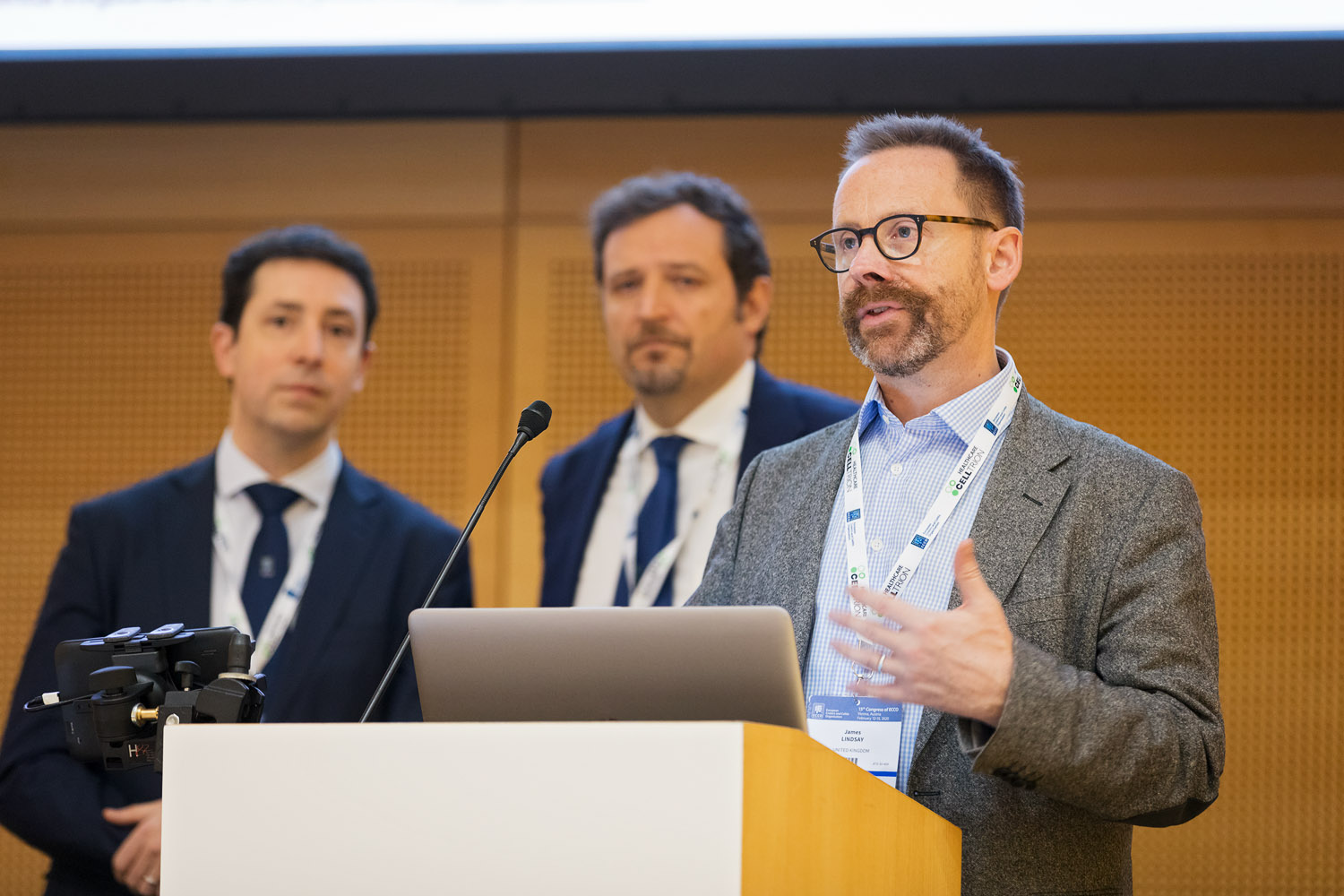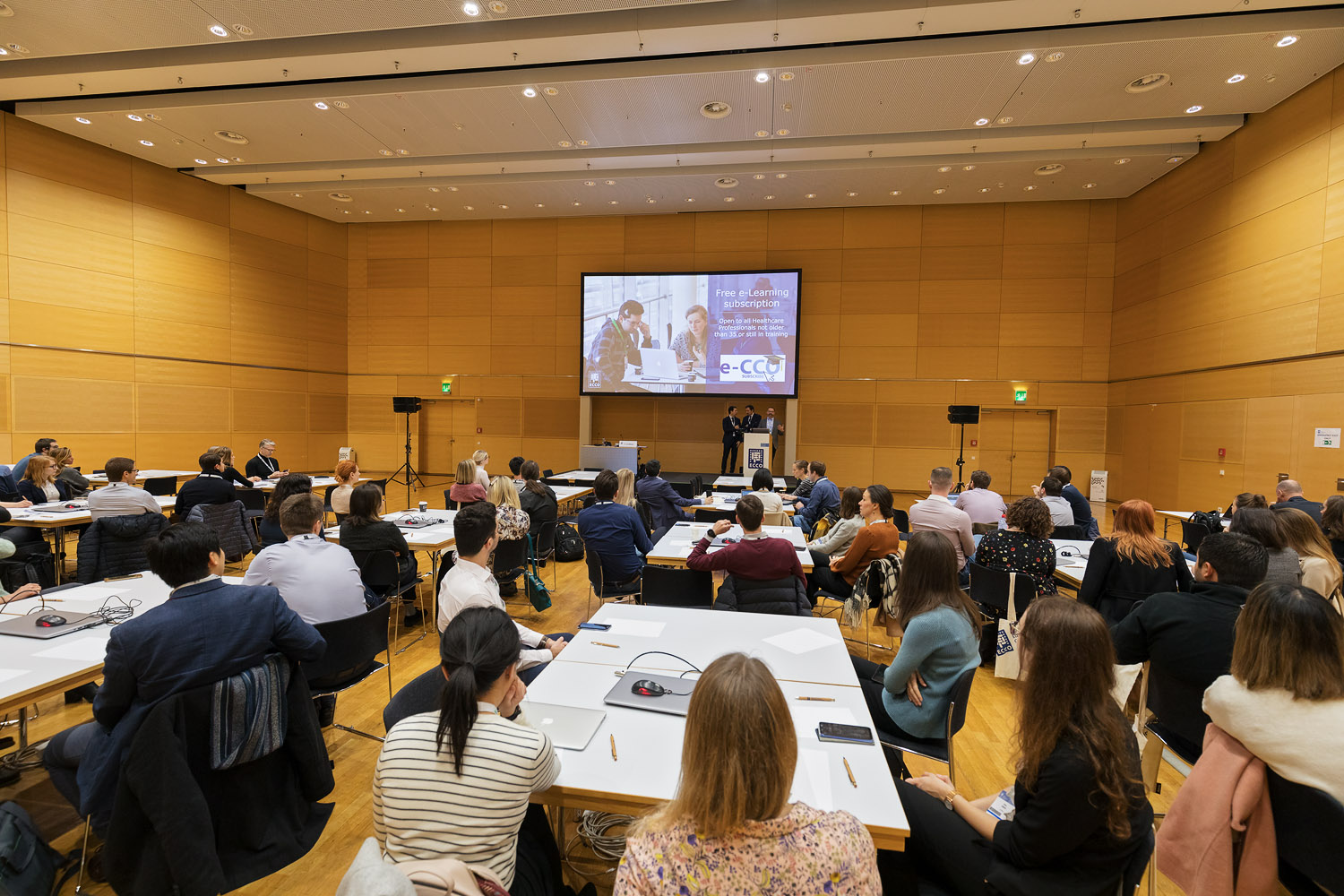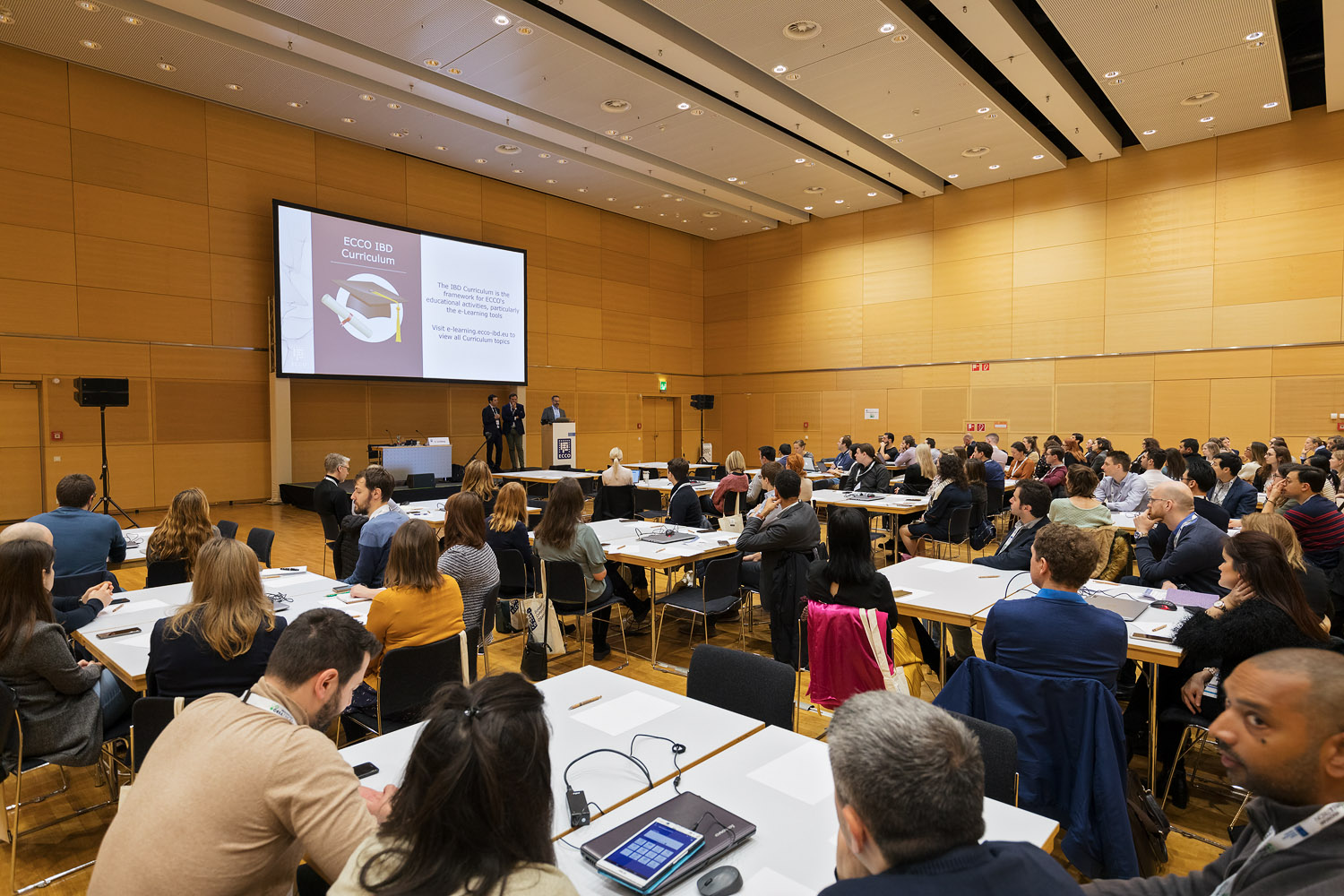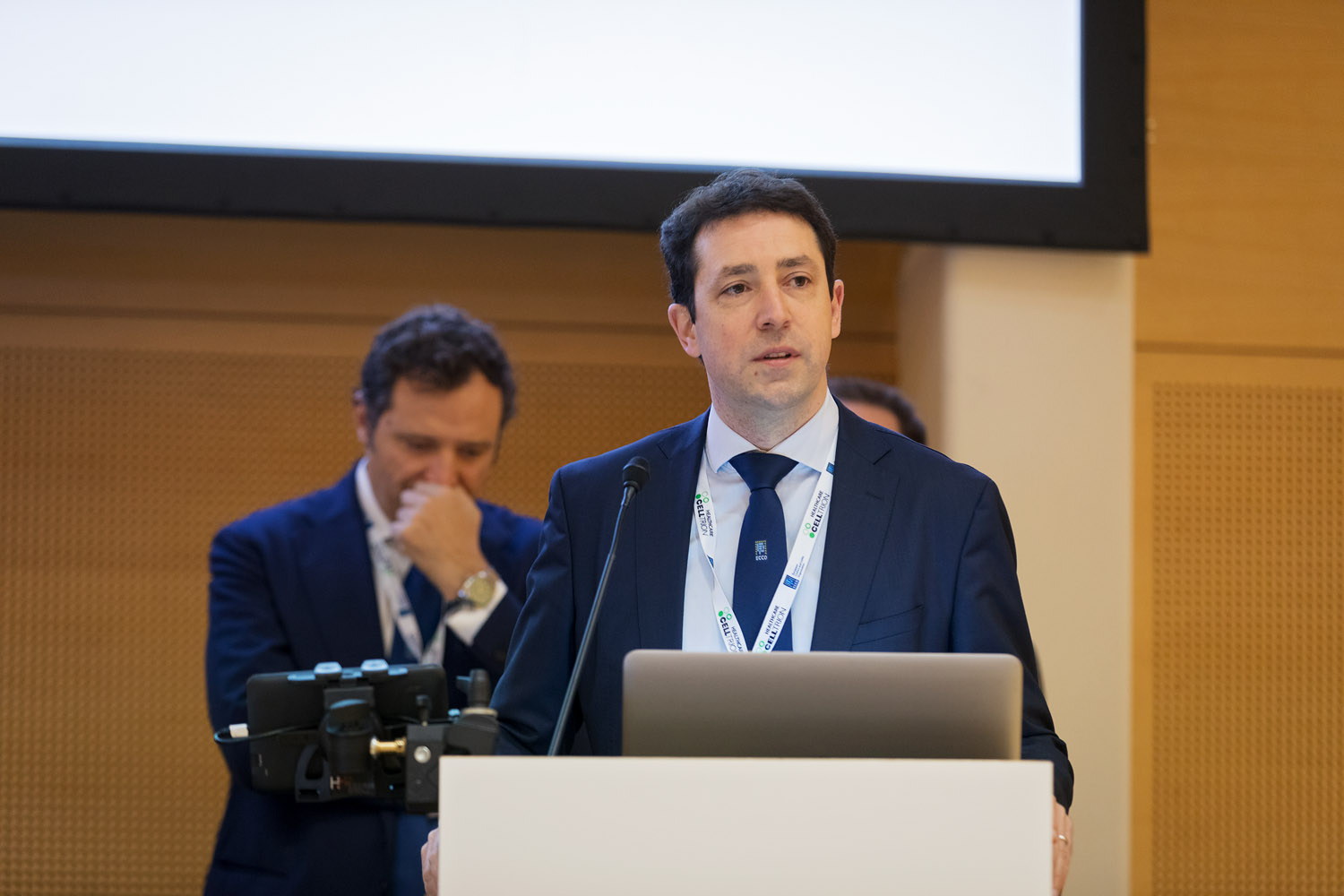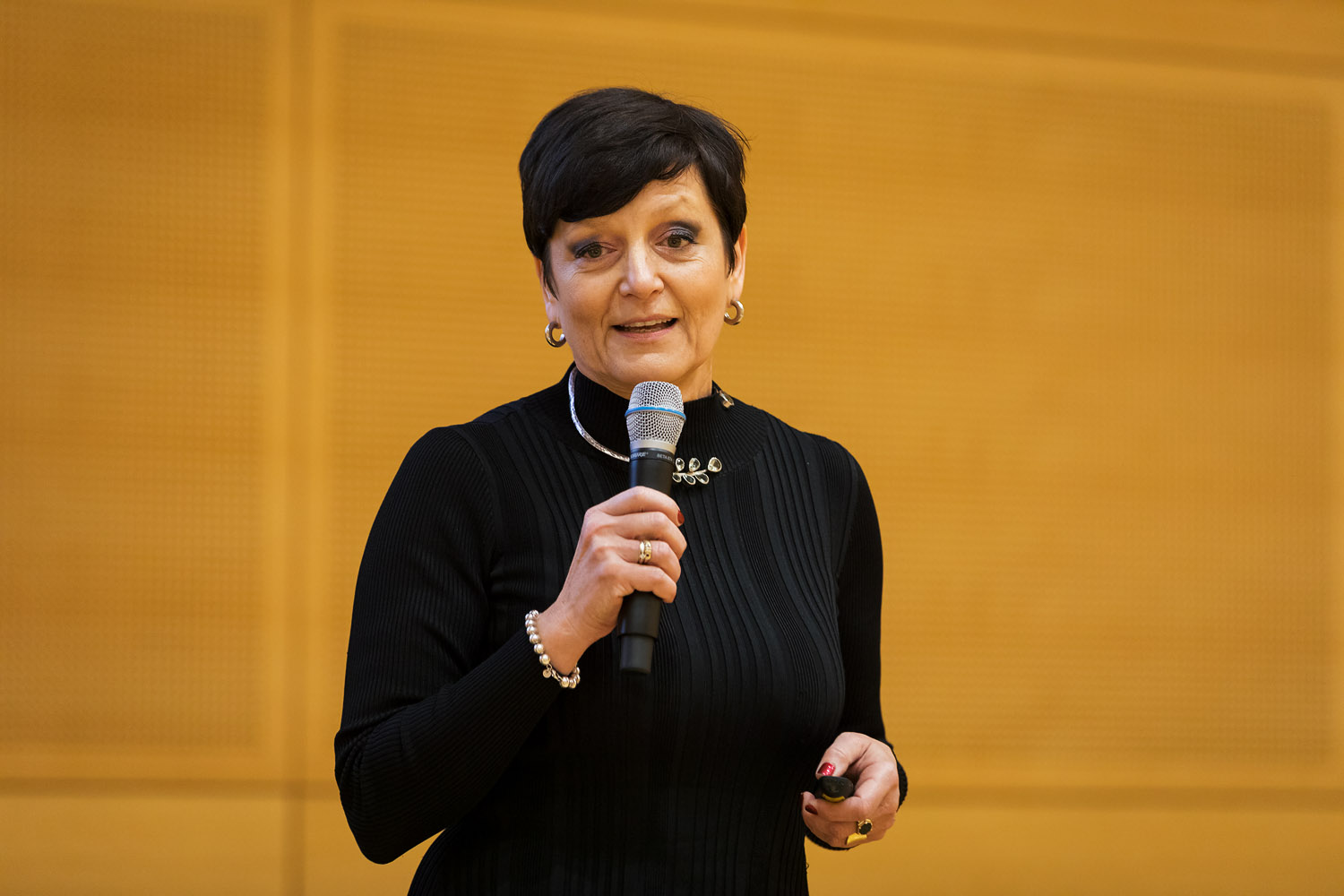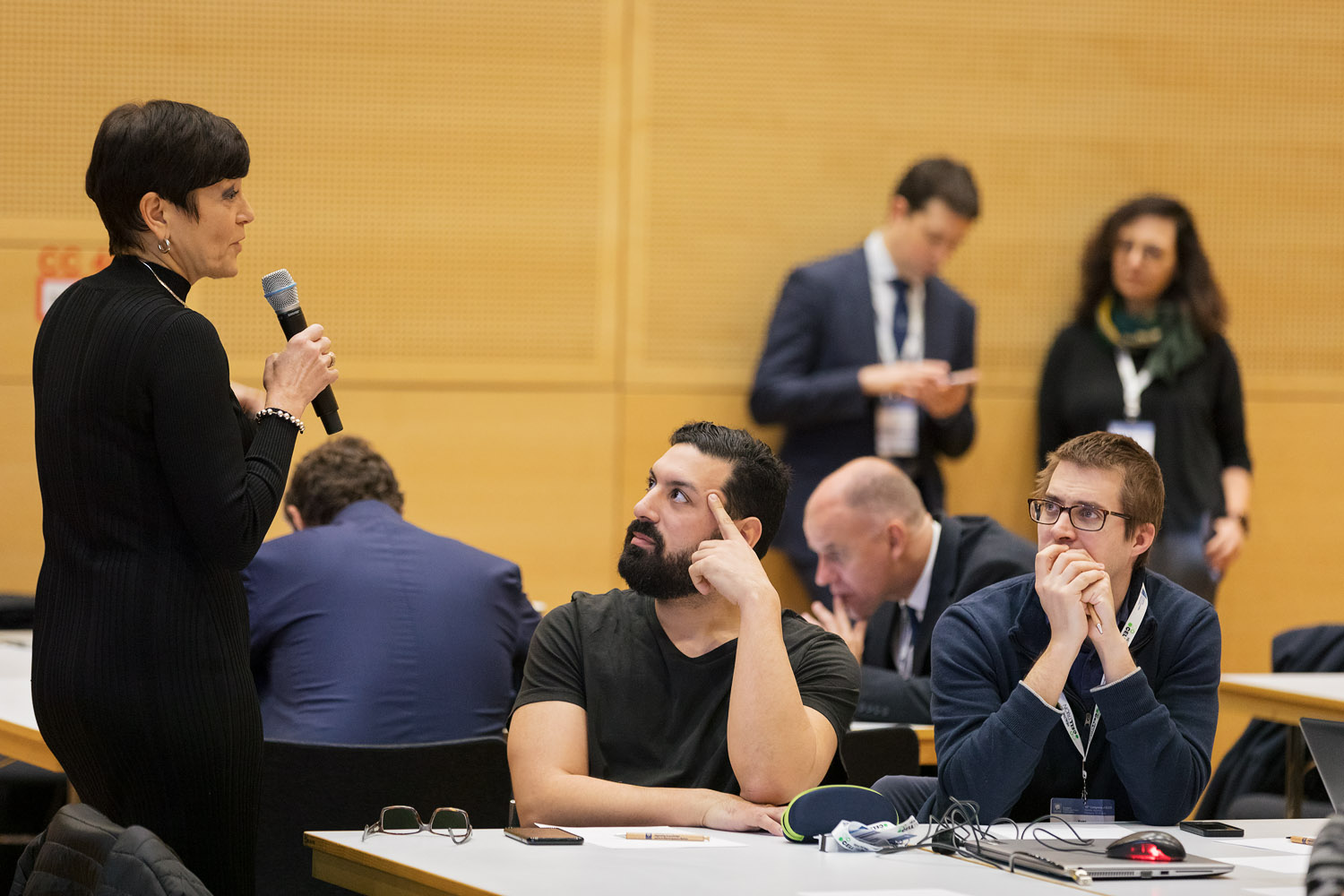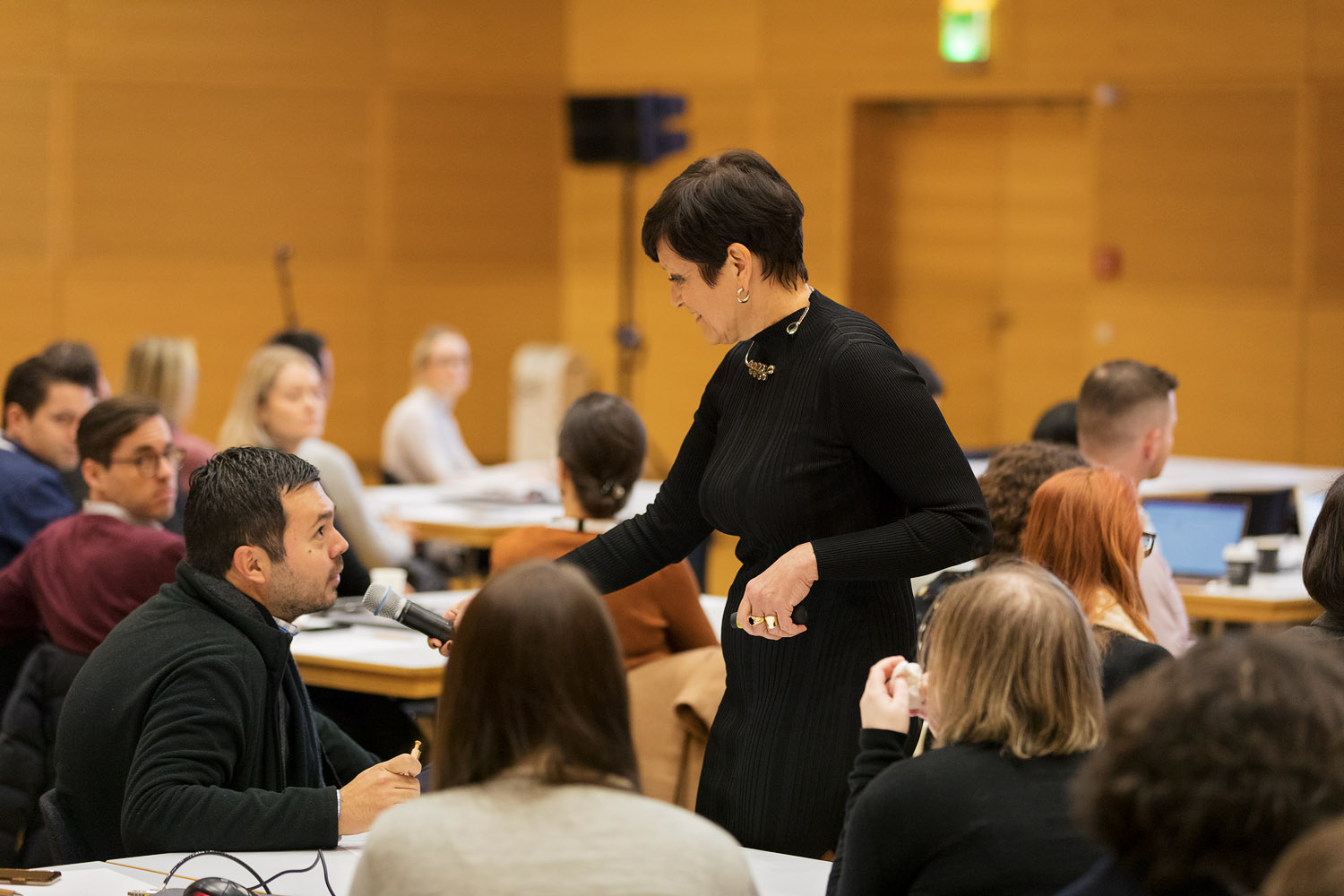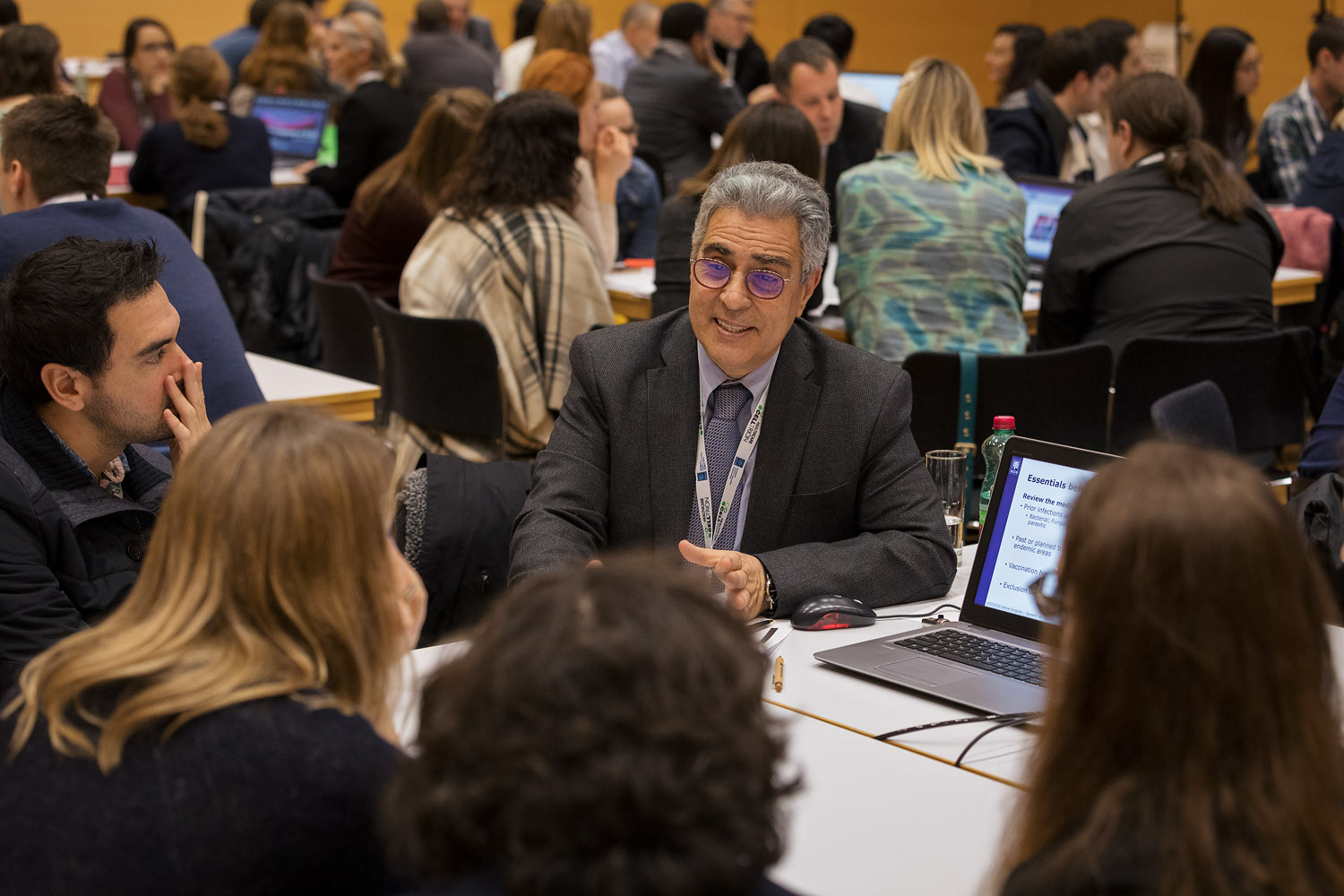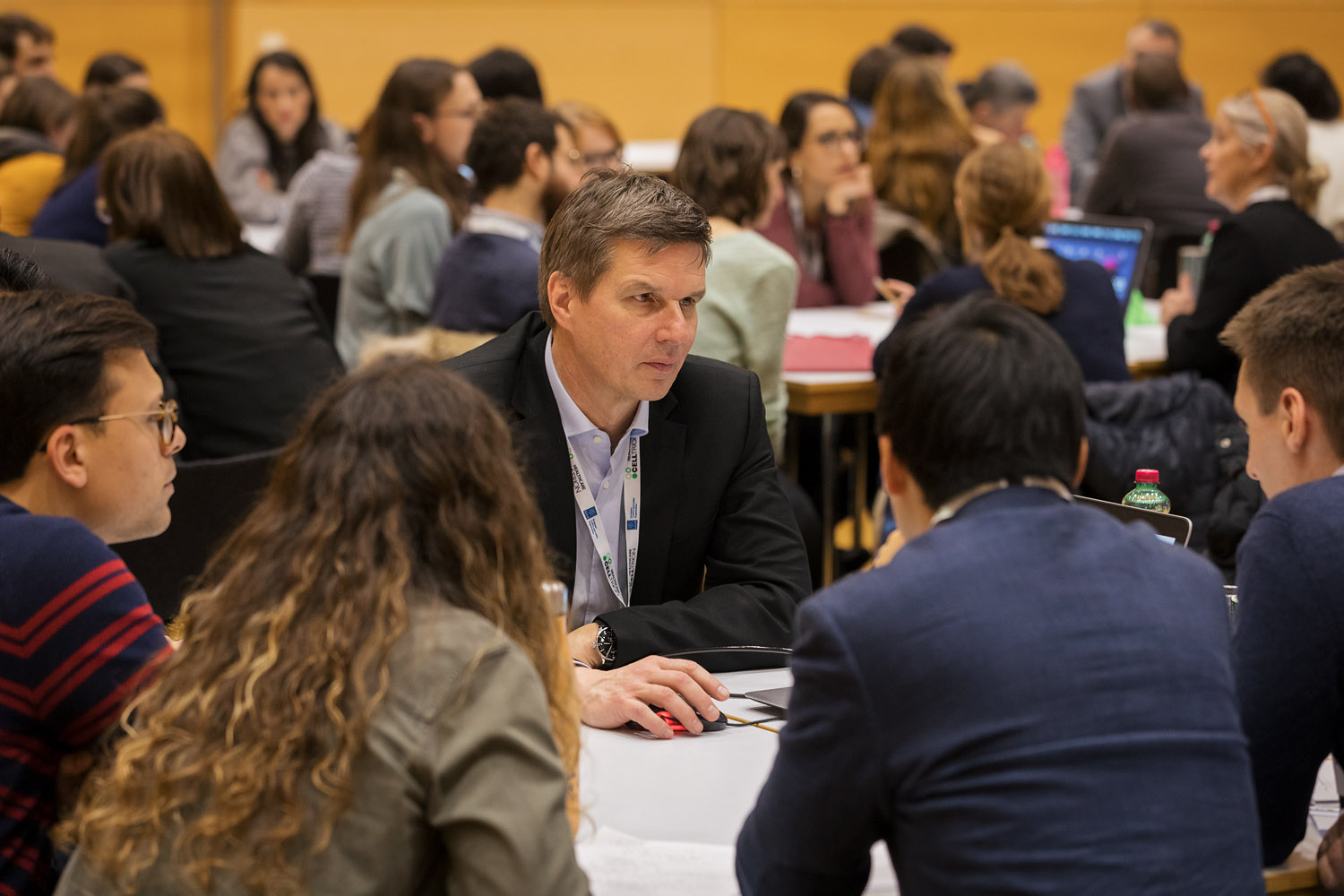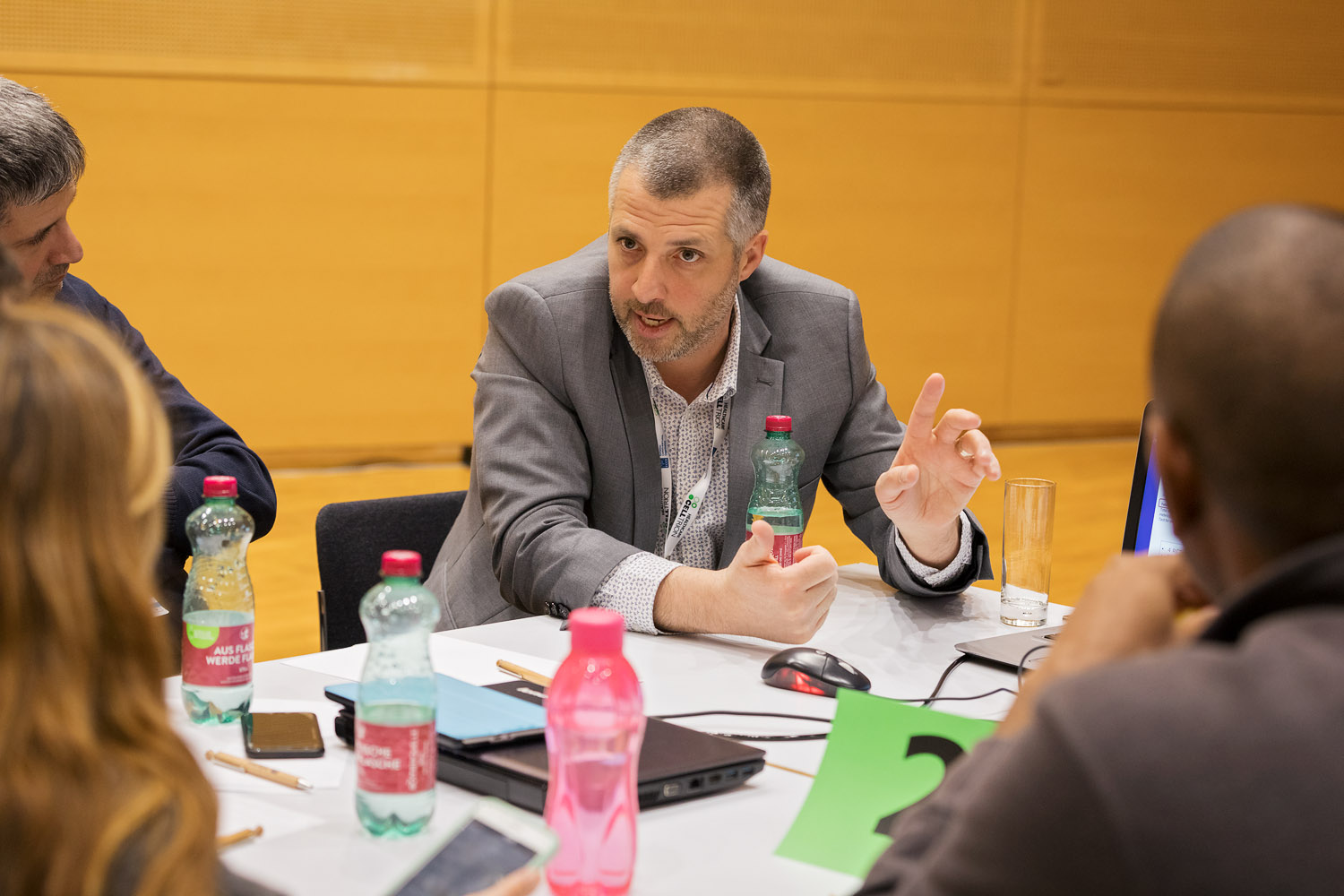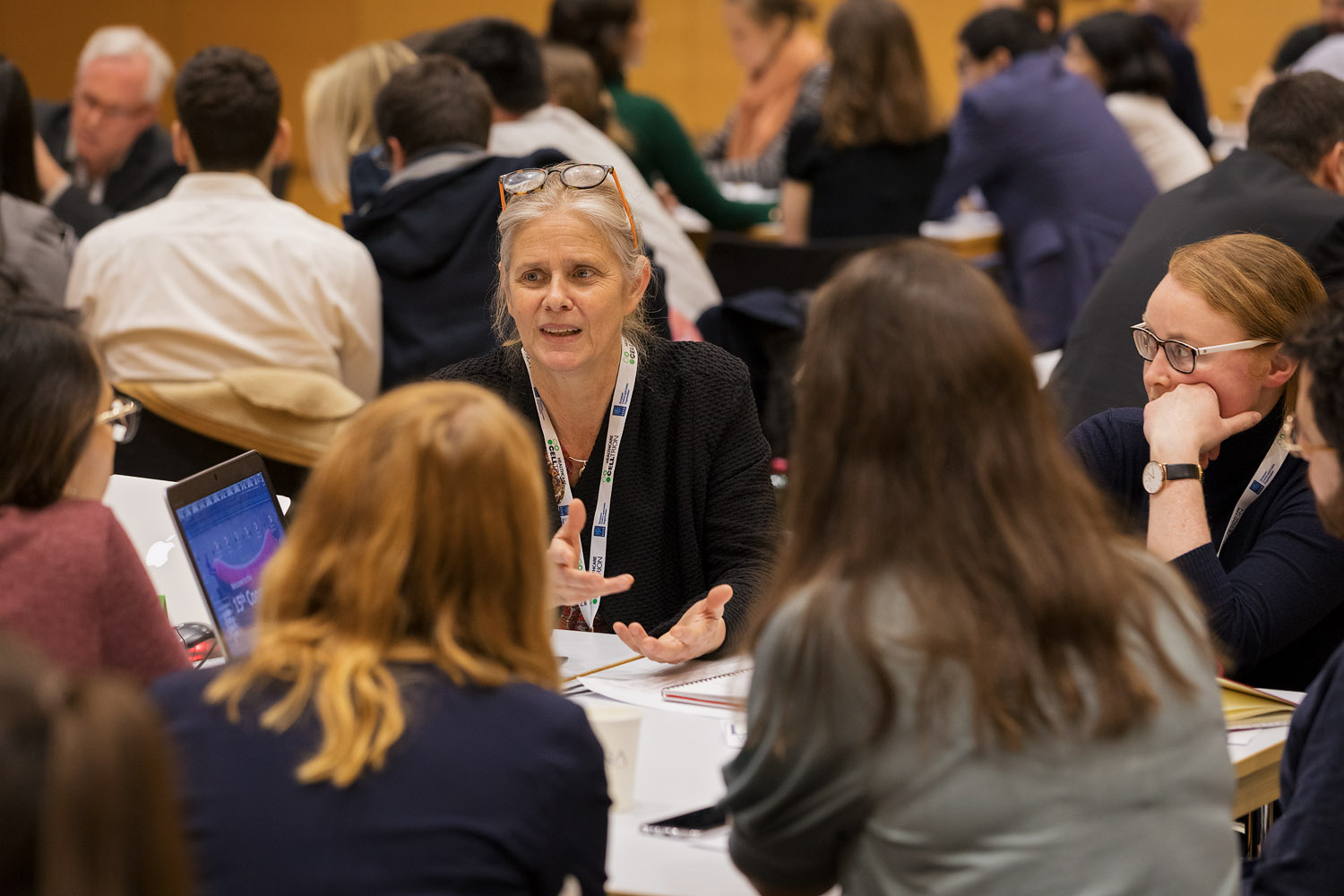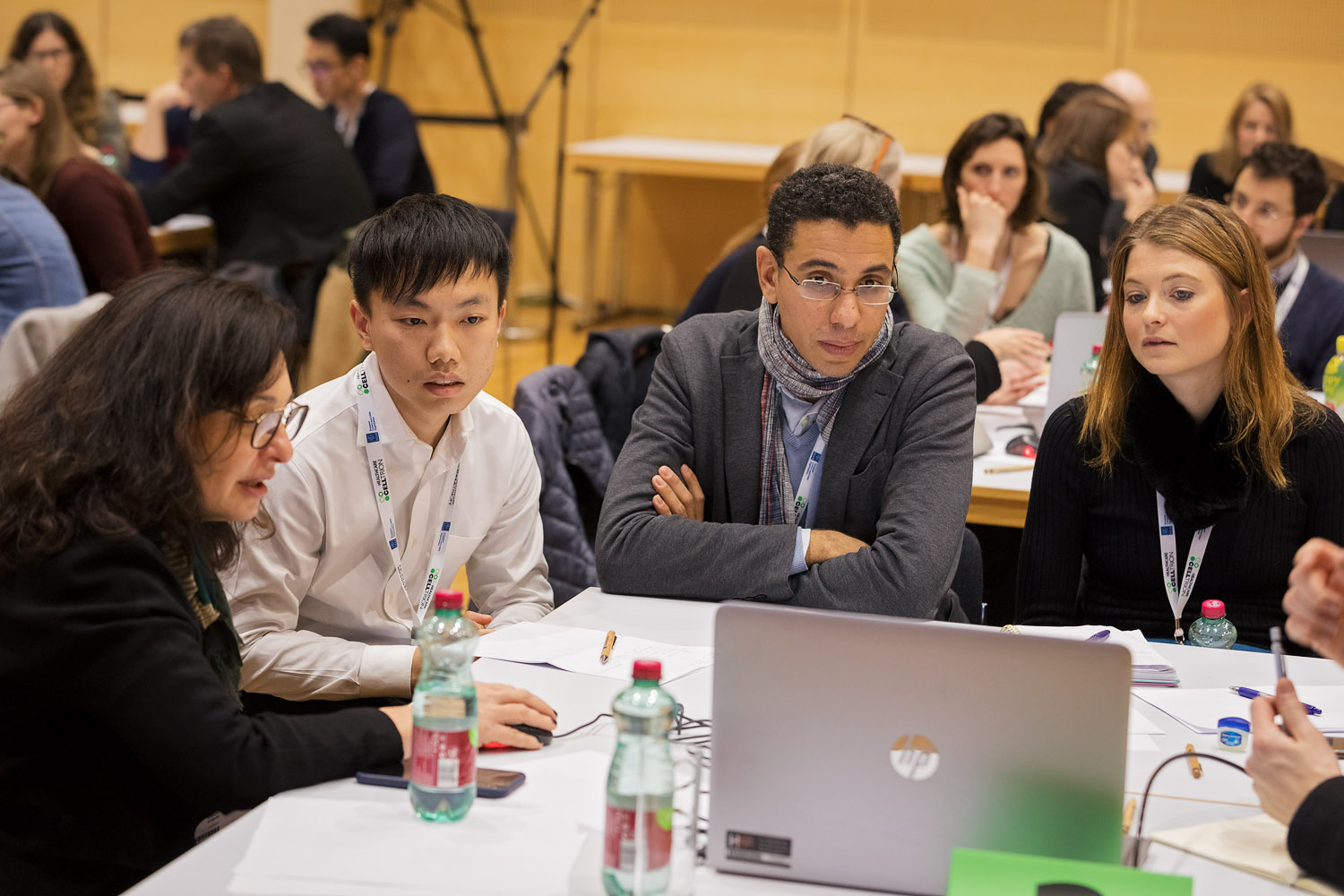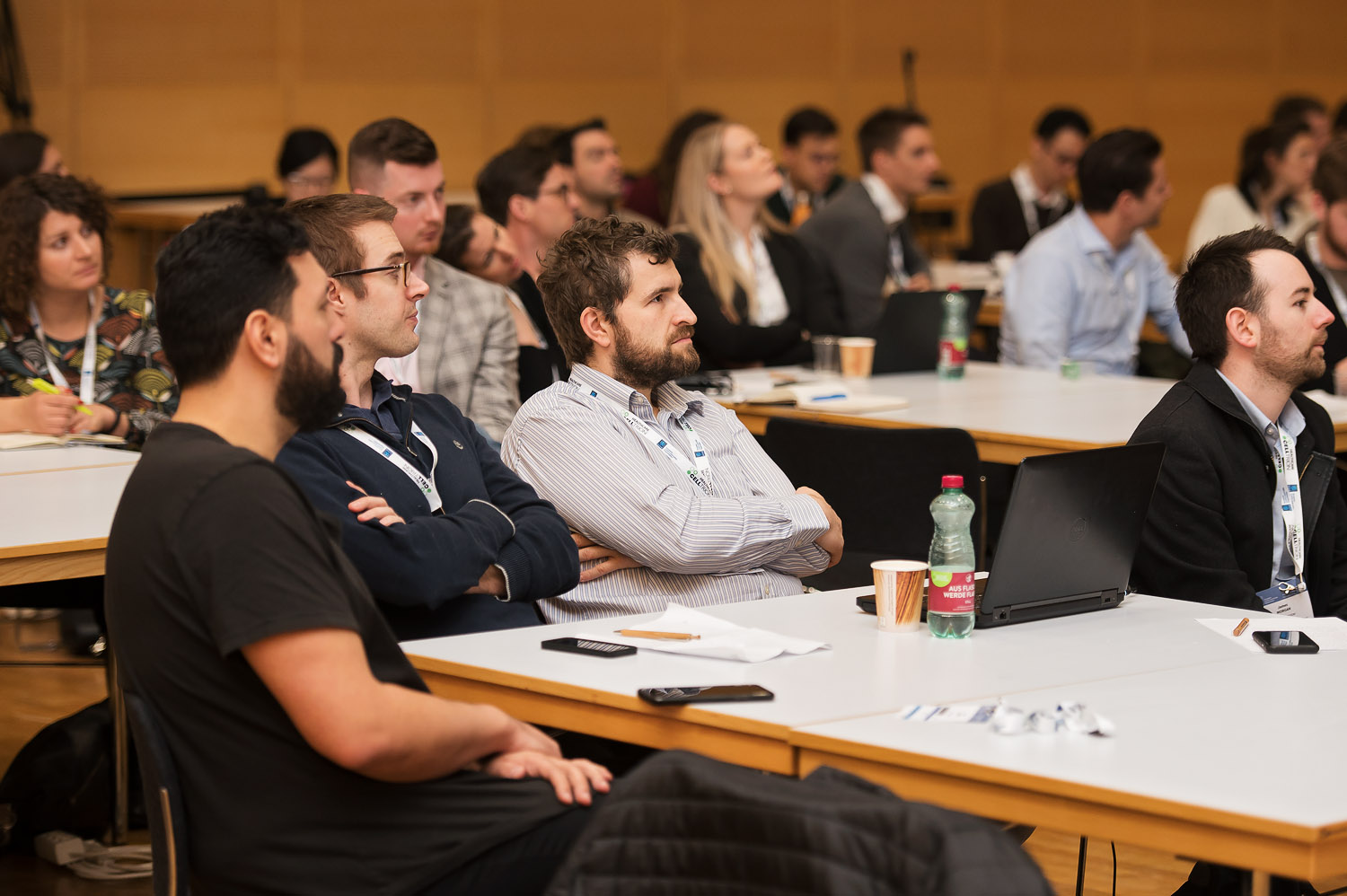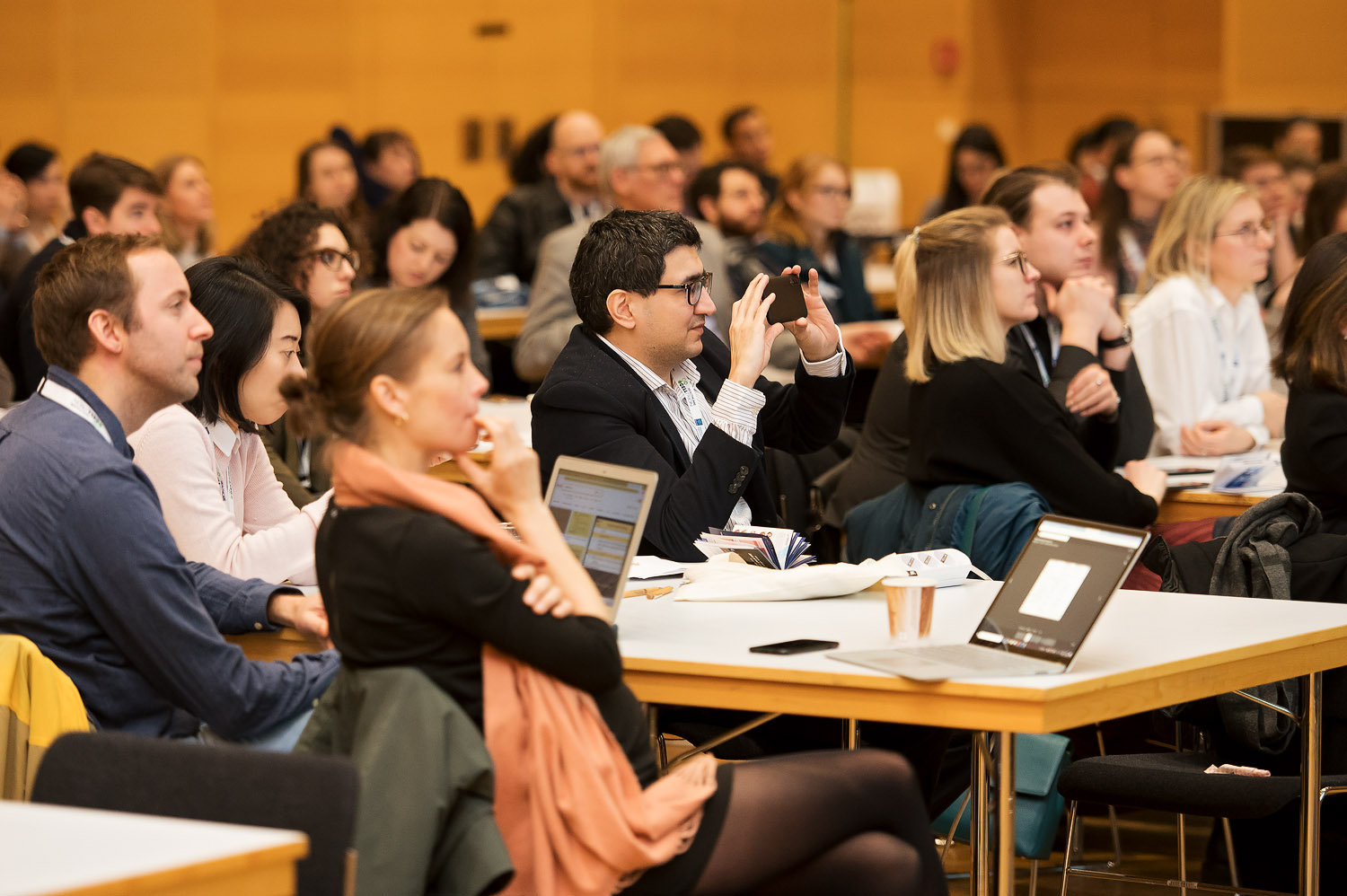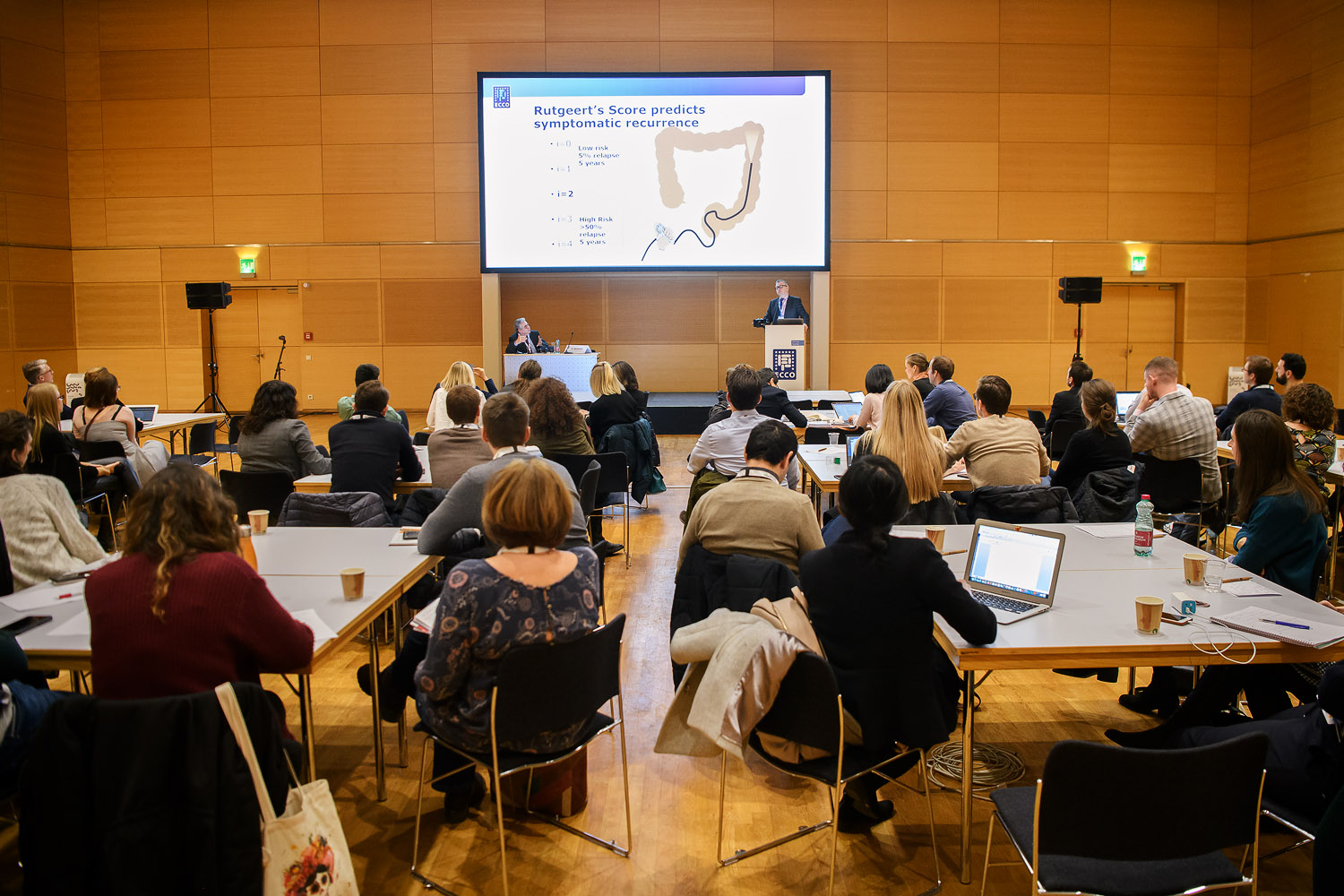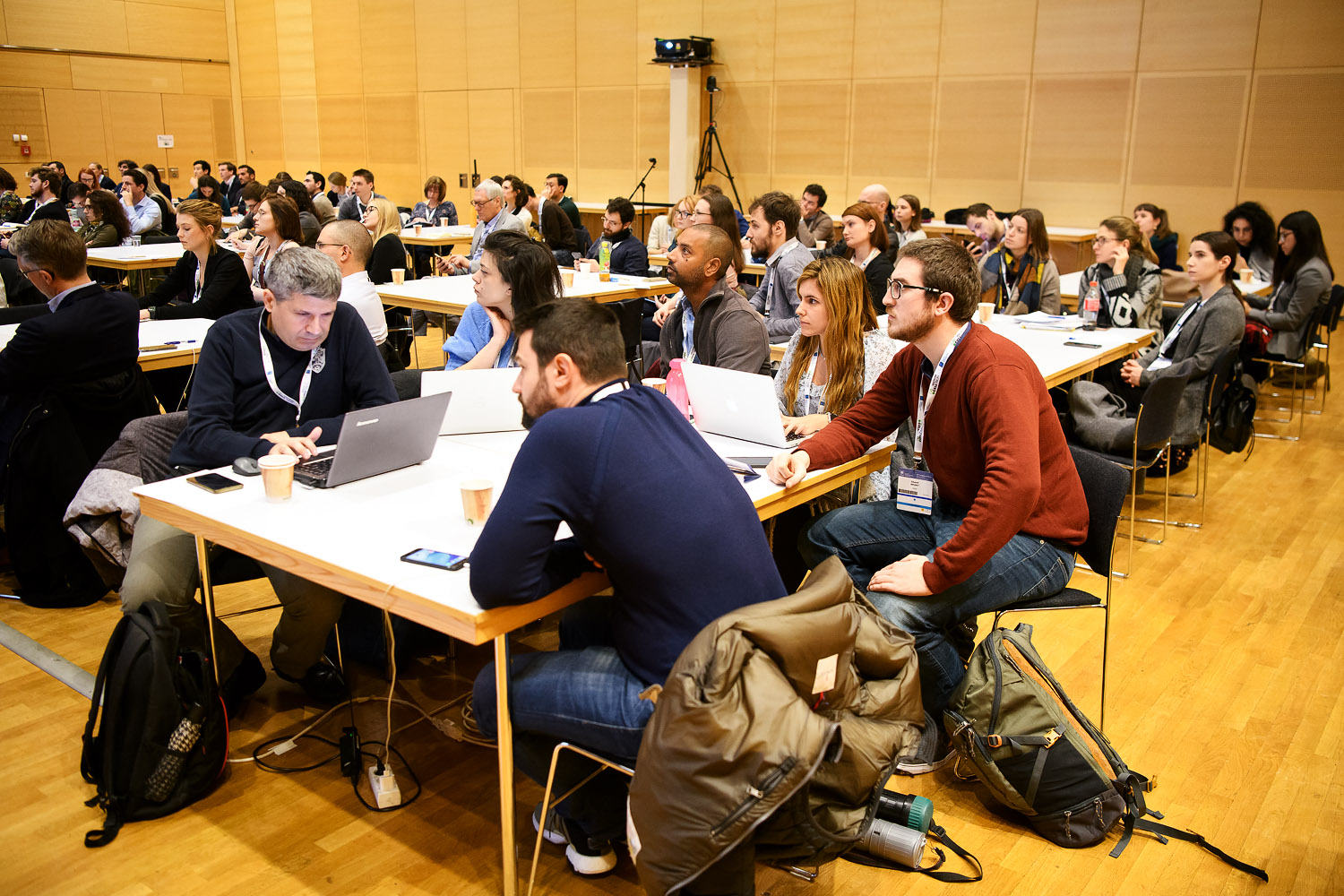Report on the 18th ECCO IBD Intensive Advanced Course, Vienna 2020
Henit Yanai, EduCom Chair
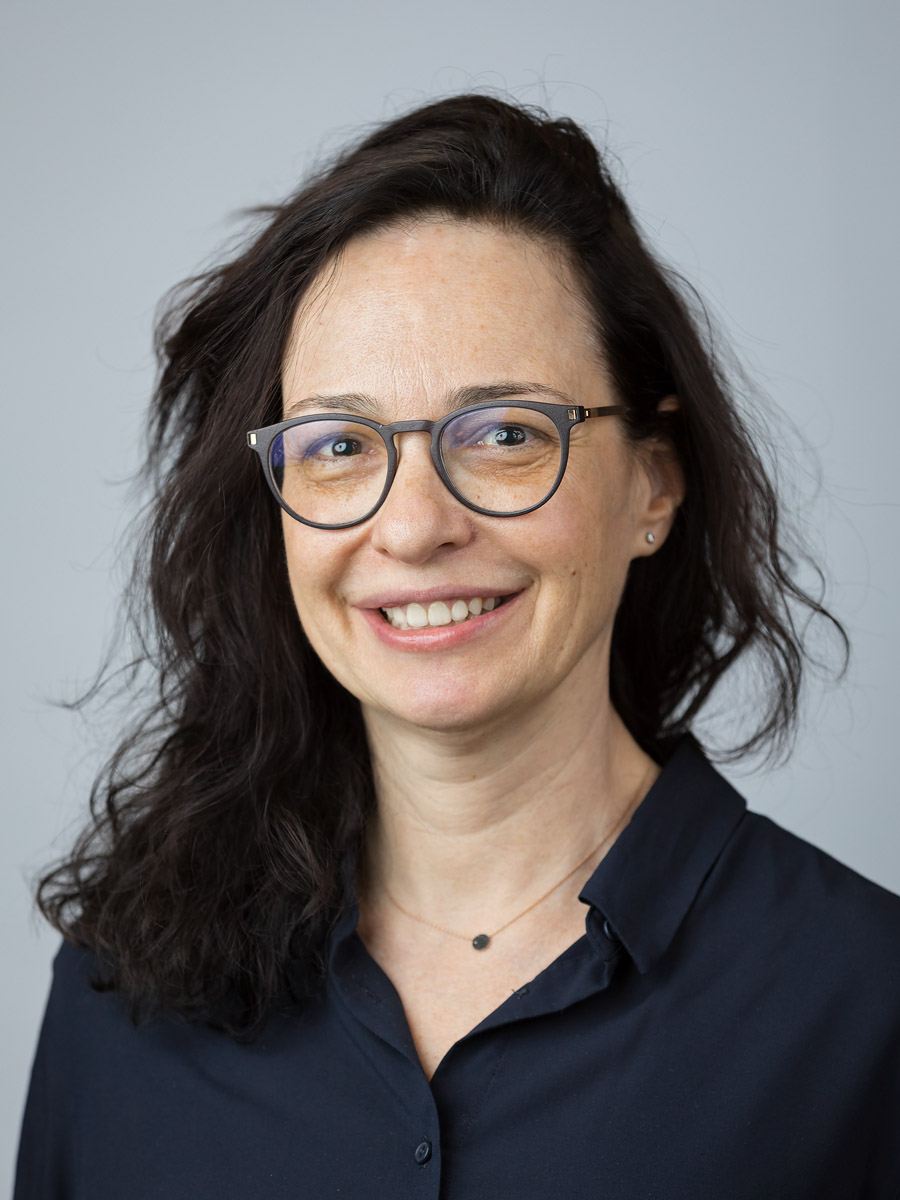 Henit Yanai © ECCO |
The 18th IBD Intensive Advanced Course took place before the ECCO Congress as the highlight of the educational programme, which runs in conjunction with the Congress.
This well-known course, which has been held almost since the inception of ECCO, took place once again, attracting a full attendance from Europe and elsewhere. Overall, 94 doctors attended the course from 37 countries and were treated to a comprehensive update on IBD.
As in past 3 years, the course focused on pivotal insights into the medical management of IBD patients in an interactive manner. For the first time the first day was divided into two sections: The morning session was dedicated to formal lectures, starting with a comprehensive integrative talk on the epidemiology and immunopathogenesis of IBD, followed by nine concise practical talks on each of the different treatment strategies available. The afternoon ‘round table’ session aimed to encourage interaction and discussion in small groups. The format featured seven round tables involving ‘meet the expert’ discussions. Each participant had the opportunity to learn about and discuss seven different topics, with practical IBD cases and dilemmas. These discussions allowed integration of the knowledge gained during the morning sessions with practical day-to-day aspects of care. The round tables were led by world leaders in the field of IBD and focused on pregnancy in IBD, extraintestinal manifestations, when and how to start biologics, complications of anti-TNFs, therapeutic drug monitoring, exit strategies and therapeutic endoscopy in IBD.
The second day was devoted to different clinical scenarios representing typical disease course and requiring application of knowledge for optimal management. These sessions were mostly case-based discussions dealing with management strategies for mild/moderate Crohn’s Disease, perianal Crohn’s Disease, severe Crohn’s Disease, Acute Severe Colitis, Pouchitis and pre- and postoperative management.
The faculty was given the task of interacting with the trainees, and there was lots of interest, questions and lively discussions throughout the course. The course layout (the slides and presentations) will be available for members via the e-CCO Learning Platform (https://e-learning.ecco-ibd.eu/).
Overall evaluation of the course showed a high level of satisfaction among the participants, with a score of 4.62/5; there was particularly high satisfaction with the round table case-based discussions and direct interaction with the faculty. Based on the online and direct feedback, it is evident that the future course format should include an overview on the positioning of different therapeutic strategies and the management algorithm.
I would like to thank the members of the ECCO Office as well as the contributing speakers and faculty, who made this course so successful. Finally, I wish to thank my colleagues on EduCom for their time, energy and investment.
Sincerely,
Henit Yanai
EduCom Chair
Browse through the gallery:
Pictures are subject to copyright © ECCO
